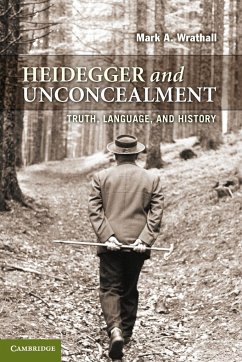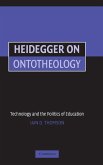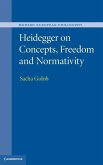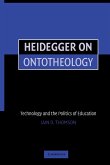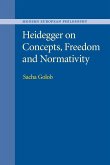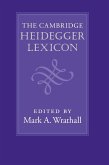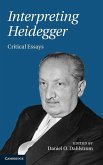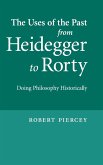This book includes ten essays that trace the notion of unconcealment as it develops from Heidegger's early writings to his later work, shaping his philosophy of truth, language and history. 'Unconcealment' is the idea that what entities are depends on the conditions that allow them to manifest themselves. This concept, central to Heidegger's work, also applies to worlds in a dual sense: first, a condition of entities manifesting themselves is the existence of a world; and second, worlds themselves are disclosed. The unconcealment or disclosure of a world is the most important historical event, and Heidegger believes there have been a number of quite distinct worlds that have emerged and disappeared in history. Heidegger's thought as a whole can profitably be seen as working out the implications of the original understanding of unconcealment. One of the central themes of Heidegger's work is 'unconcealment', or the idea that what entities are depends on the conditions that allow them to manifest themselves. This book includes ten essays that trace the notion unconcealment as it developed and shaped his philosophy of truth, language and history.
'No one today writes about Heidegger - especially the later Heidegger - with greater clarity and depth than Mark Wrathall. In this superb collection of essays he has set the philosophical standard for anyone wishing to confront and take seriously Heidegger's accounts of truth, language, and history.' Taylor Carman, Barnard College

